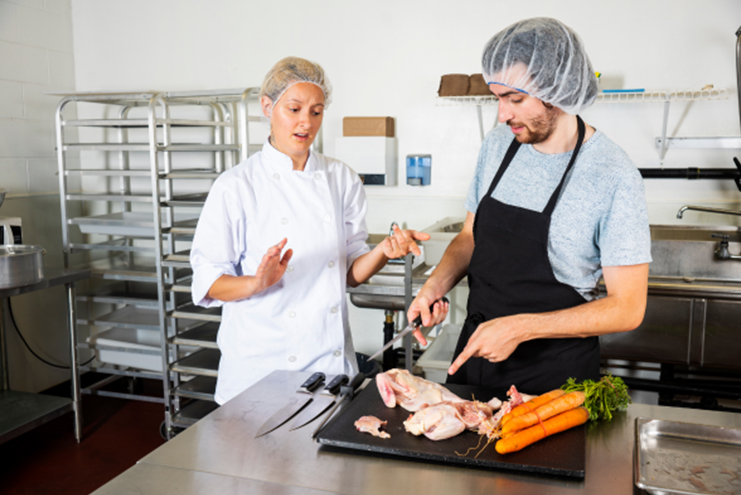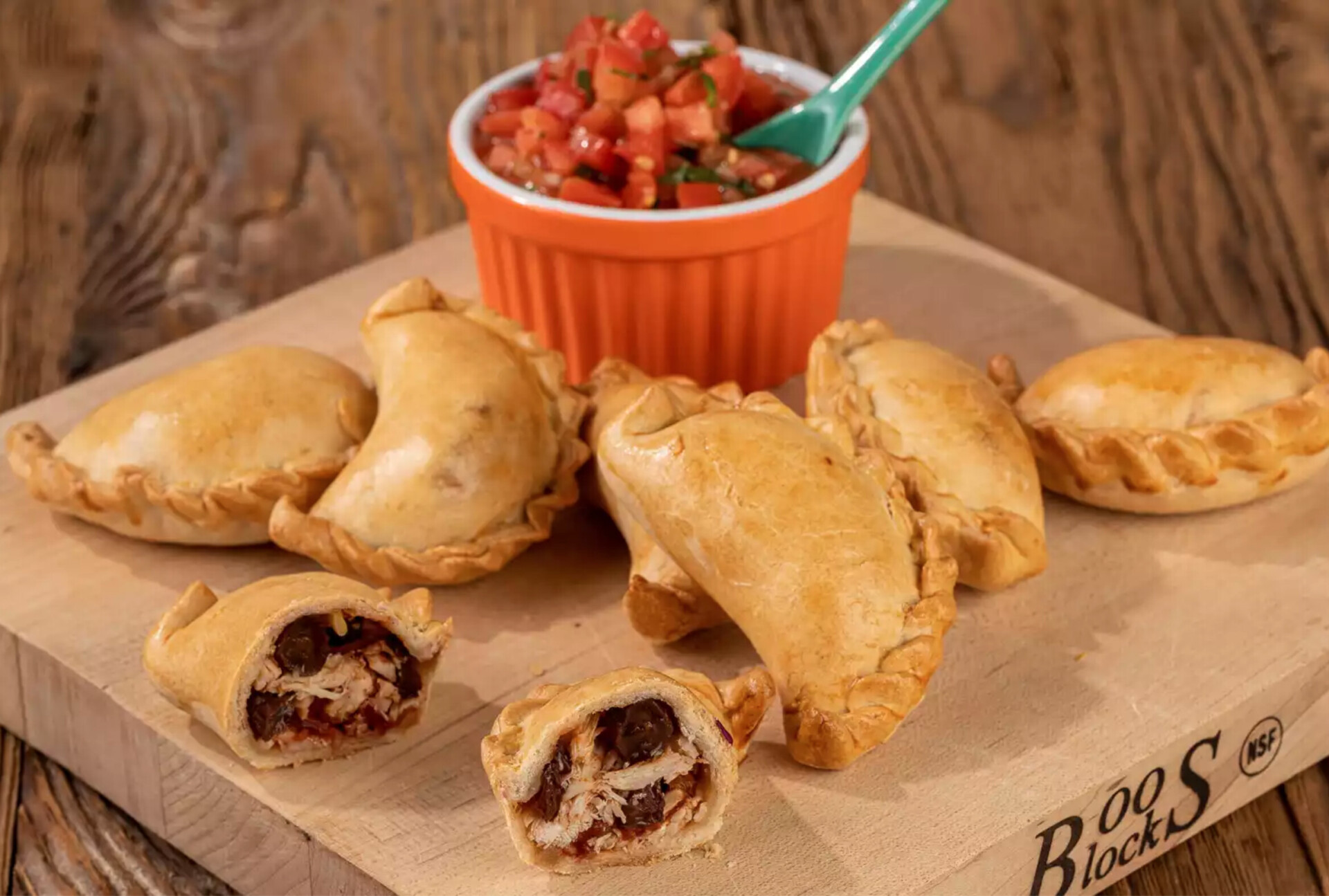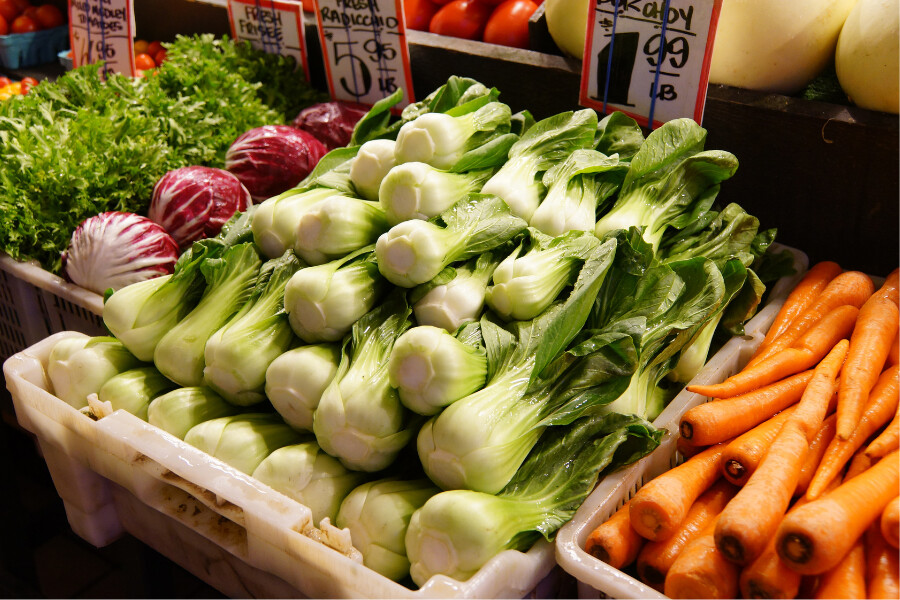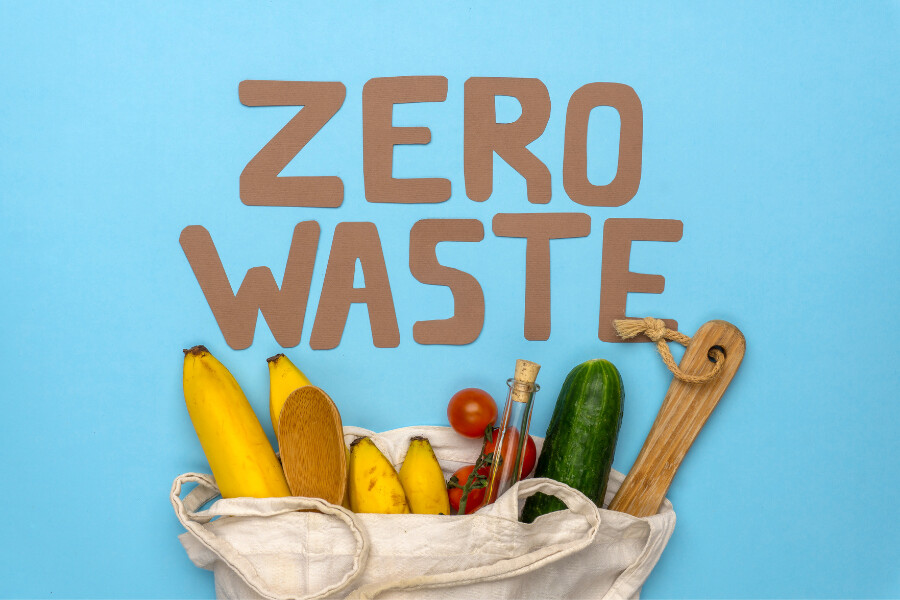If you run a restaurant, you know how important food safety practices are. Keeping your patrons safe from disease requires care and commitment during every step of the food preparation process. Read on to discover our best food safety tips for restaurants and arm yourself with the knowledge you need to succeed.
1. Store Meat and Dairy Products on Their Own
Meat, seafood, and dairy products are all more vulnerable to bacteria growth than fresh produce. If you store these items next to your fruits and vegetables, they may contaminate the produce. Keep them on separate shelves or special containers instead. Store them below the produce if there’s no solid surface beneath them to keep any juices from leaking out.
Ideally, grocery suppliers for restaurants will also ship these items in separate containers when your order contains more than one type of item. Feel free to ask yours about this and any other food safety precautions they practice.
2. Follow Consistent Cooking Procedures
Cooked meat must reach a specific internal temperature to be considered safe to eat. Each type of meat has a different requirement. Developing standardized cooking procedures will ensure that your meats consistently meet these benchmarks and can be safely served to your patrons. Whenever possible, use a meat thermometer to confirm that you’ve met your goal.
3. Perform Regular Temperature Checks
Refrigerated and frozen food must be kept at specific temperatures to avoid spoiling. Check your refrigerator and freezer temperatures at least once a day to make sure they are working properly. Your fridge should be at 35-38°F while your freezer should be no warmer than 0°F.
If you notice temperatures rising, call a refrigerator tech right away to fix the problem. Just a few hours’ worth of bacteria growth is enough to make most meats and cheeses unsafe to eat.
4. Create a Written Handwashing Policy
Regular handwashing is one of the best ways to avoid spreading bacteria through cross-contamination. According to the Department of Health and Human Services, anyone handling food should wash their hands before and after touching meat, seafood, eggs, and dairy products, spending at least 20 seconds lathering up thoroughly each time.
Creating and posting a written handwashing policy will remind your employees to abide by these critical guidelines. Post it in a highly visible location and include specific steps for effective washing. Keep plenty of antibacterial soap available so there’s never an excuse not to follow the rules.
5. Clean and Sanitize Surfaces and Equipment
Counter tops, cutting boards, slicing machines, and other equipment can quickly become infested with bacteria if they’re not kept clean. Scrub and sanitize them every few hours or when you use them to prep a different type of food (such as switching from slicing wholesale meats to slicing vegetables). If your restaurant offers reusable tableware, sanitize all plates and utensils after each use.
6. Take Out the Trash
Every commercial kitchen should have a sealed waste container, such as a flip top garbage can. This keeps the waste away from the food and minimizes issues with flies and other pests that might be lurking around for scraps. Remove the trash at least once a day and clean the waste container at least once a week.
7. Take “Best By” Dates Seriously
While not all food that’s past its “best before” date is unsafe to eat, it’s best not to risk it. Serve the food you buy as soon as possible and dispose of any leftovers that are past their prime – especially meats, seafood, and dairy products.
Buying smaller shipments of wholesale food more often will help you make sure it all gets used in time. Talk to your restaurant food supplier about setting up a delivery schedule that works best for you.
8. Partner with a Food Distributor That Puts Safety First
All the food safety practices in the world won’t help you if your foodservice distributors don’t take the same care with your shipments. At Foods Galore, we take food safety just as seriously as you do. Contact us today to place your order or learn more about the many precautions we take to keep your food fresh.






